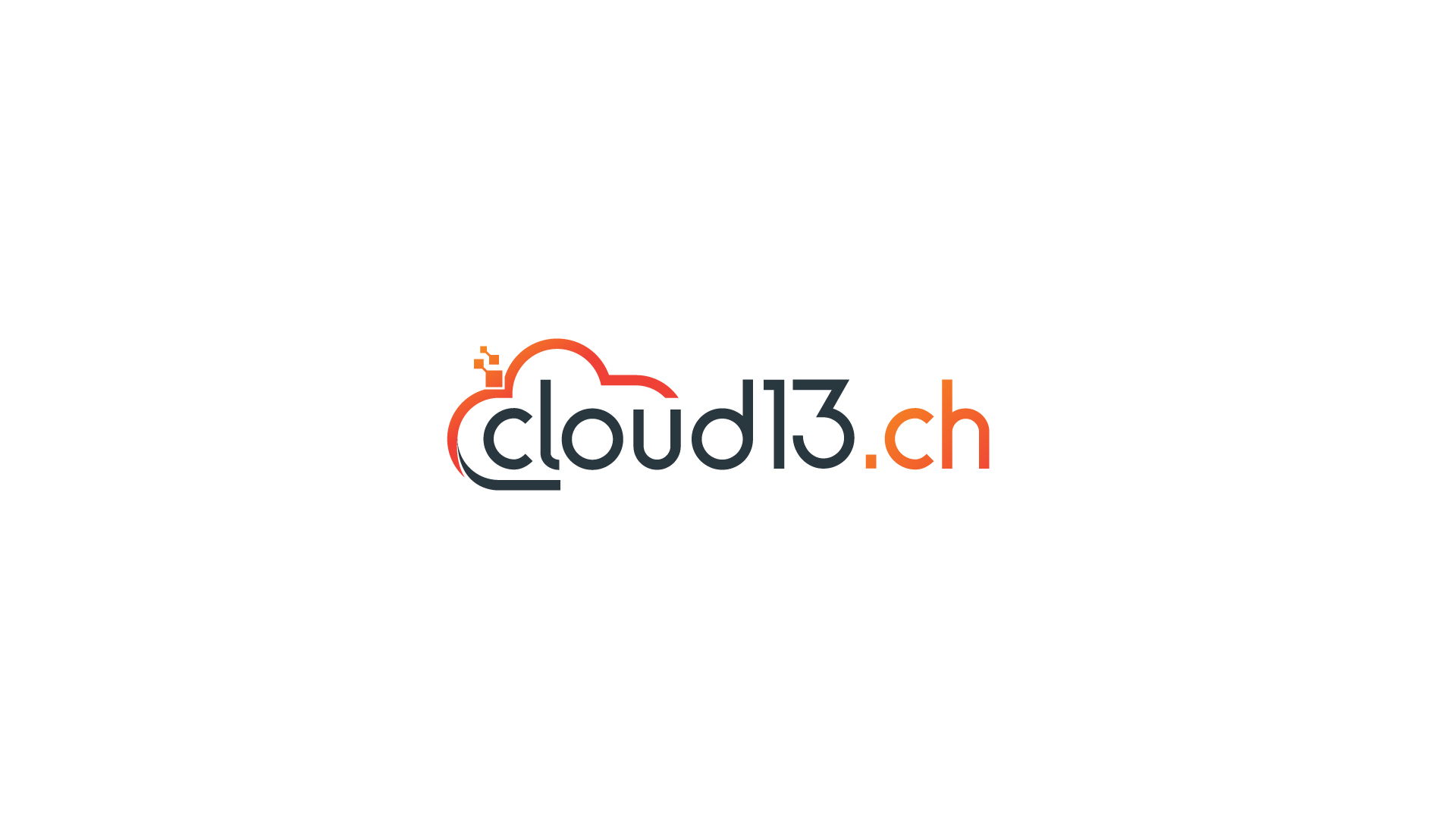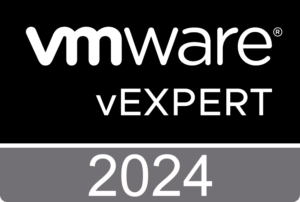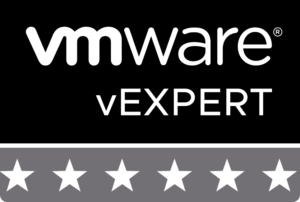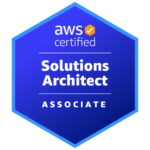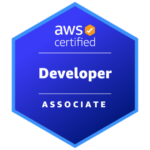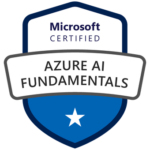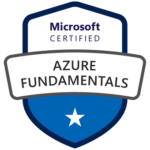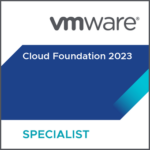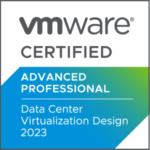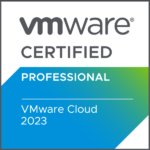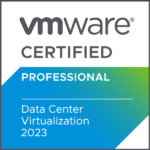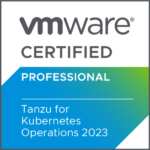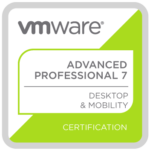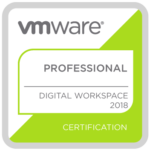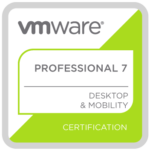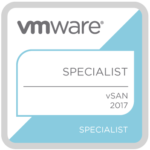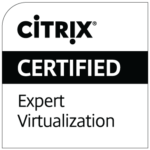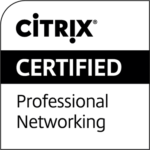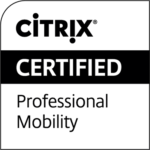Artificial intelligence (AI) is gaining momentum everywhere. We see new solutions, partnerships and even reference architectures popping up almost daily. Additionally, organizations, lawyers and country leaders are looking for the right balance between business value and compliance needs. Without going too much into details, I said to myself, that artificial intelligence has e lot in common with cloud computing and multi-clouds. Just because it is out there everywhere, does it mean we should / are allowed to use it? Organizations are going to use both public and private clouds to host their non-AI and AI workloads, but what is their strategy? How do enterprises implement and successfully manage AI-based technologies and processes in order to generate a sustainable strategy and long-term competitive advantages?
What I won’t do
So, I asked myself: What is my role in this whole (crazy) AI world? What do I need to know? What do I have to do?
First, let me tell you what I won’t or cannot do:
- I do not have 4+ years of experience working with machine learning
- I have no competencies to write ML code using TensorFlow, PyTorch or Keras
- Python? No, no experience, sorry
- I do not do data engineering as well
- I understand storage and compute, yes, but no clue when it comes to correlating models with parameter and data
- No, I don’t have real knowledge of Large Language Models (LLM) or HuggingFace models
- I do not understand a full MLOps technical stack
- I cannot fine-tune or tweak AI models
- No, I don’t fully understand the possibilities of confidential computing or confidential AI
All the things above? That is not me.
What are my questions?
I think most of us start at the same place. First, when this hype started, we had to figure out what AI really means, where it is coming from and what types of AI exist.
After that, how did you continue? Probably like me and many others, you tried out ChatGPT, read about LLMs and generative AI (genAI). Eventually, you also tried out new plugins or tools to enhance your productivity.
A few months ago, I had a short conversation with a CTO from a large bank. A really large bank.
Guess what? He could not tell me how they move forward with the topic “artificial intelligence”. They have not figured out or decided yet what to do in terms of data privacy and control.

This conversation led me to two important questions, and I believe this is what I want to do in the next few months and coming years:
- What does it take to implement AI in organizations?
- How can the success of an AI strategy and implementation be measured?
These are the topics I want to specialize in. This is the homework I and many others need to do first. These are the conversations I want to have with my customers first before we talk about infrastructure, data, and reference architectures.
My focus
I would like to get a better understanding of how organizations plan to get value with artificial intelligence. It is important, like we had to learn with cloud computing and hybrid or multi-cloud architecture over the past decade or so, to get a complete view and understanding of the opportunities and risks, as well as an understanding of the financial and organizational resources an enterprise might need.
What are the business models and frameworks one has to implement? What is a “good” strategy and how do you manage and measure that? What are the KPIs? What about feasibility and cost-effectiveness?
I want to understand the best practices and how some decision-makers have implemented a successful long-term strategy including processes, culture and technology.
I recently learned that artificial intelligence and machine learning implementations require a huge software stack. Do we really need to understand all the options and the solutions from different vendors? If not, who has got this knowledge? Data scientists?
Conclusion
In conclusion, the journey of implementing artificial intelligence in enterprises mirrors the experience of navigating an all-you-can-eat buffet.
I (still) have so many questions. My mission is to find answers and opinions to these questions, and I would not be surprised if it takes between 12 and 24 months.
The history of AI is more than 70 years old, but it seems we just have started now. While I understand that we live with AI every day now, I also want to understand how this field will develop and what is next. What are the trends?
As enterprises continue to embrace the AI buffet, it is not just about filling plates with technology. It is about crafting a menu that satisfies the hunger for innovation and excellence.
Note: The images for this article have been created with the help of artificial intelligence
